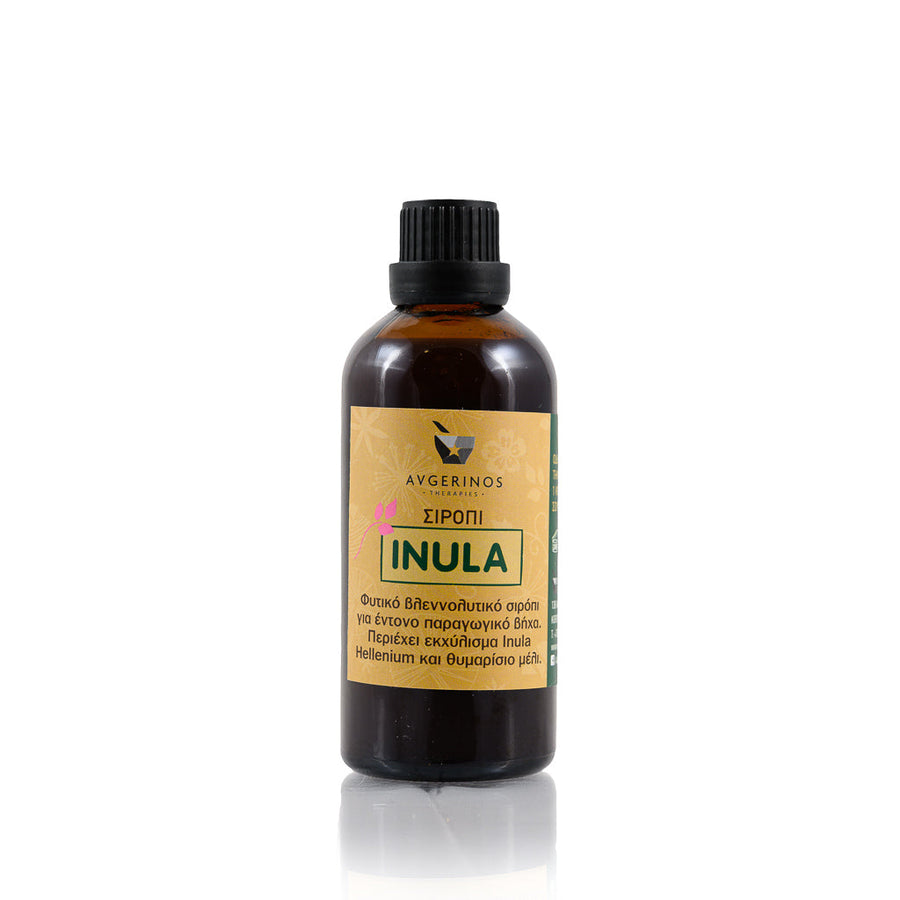Strengthen your body with Magnesium - Mg
One of nature's most well-studied elements is magnesium, and in recent decades there have been increasing studies of its beneficial benefits in many functions of our body.
Magnesium is an essential element for our body, since it participates as
cofactoring in more than 300 enzyme systems, related to energy production, hormone production, nucleic acid synthesis, carbohydrate and fat metabolism and other important actions. Let's see below in detail some of the most important characteristics of magnesium and the benefits our body derives from its consumption.
Magnesium is found abundantly in nature, in the earth's crust, as well as in the sea. In our body there are about 25 g of magnesium, of which 60% of the amount is in the bones, 26% in the muscles and the rest in the fibers and body fluids.
Its presence is vital in intracellular functions where enzymes necessary for the digestion of carbohydrates and fats are activated. It is necessary for the secretion of insulin and its transport into cells. It helps in the acid-base balance of the blood, in the functioning of the nervous and muscular system, including
heart. Its sufficient presence creates a strong and powerful system with a good transmission mechanism of nerve impulses and the transport of the neurotransmitters dopamine, serotonin, catecholamines, GABA.
It also takes part in protein synthesis and together with vitamins B1 and B6, activates the metabolism of amino acids. Together with calcium and proteins it contributes to the stabilization of the inside of the cells. In collaboration with zinc, B6 and biotin, it forms an enzyme complex that converts the inflammatory properties of linoleic acid (fatty acid of the Ω-6 group) into an anti-inflammatory substance.
Mg participates in the good utilization of calcium and vitamin D by our body. In a study published in The American Journal of Clinical Nutrition, the relationship of magnesium to the absorption of vitamin D is reported. Among other things, the research focused on the malabsorption of vitamin D when magnesium levels are low.
If a person takes high doses of vitamin D, they need to take Mg, and K2, so that the calcium levels in the blood are balanced.
In collaboration with B6, it has an anxiolytic effect by relaxing the nervous system and therefore gives restful and deep sleep. It also helps to reduce the symptoms of premenstrual syndrome, and makes it easier for the female body to cope better with the transitional stage of menopause. It contributes to the reduction of blood pressure, the maintenance of bone density and strengthens the respiratory system and
heart function!
Magnesium is absorbed in the intestine and its absorption rate ranges between 15% - 65%. A diet that is rich in calcium, D3, phosphorus and vital fats contributes positively to its smooth absorption by our body.
Symptoms of magnesium deficiency may include:
- Cramps and muscle spasms
- Muscular weakness
- Tachycardia
- Feeling tired
- Hypokalemia
- Anxiety, irritability
- Insomnia
- Lack of appetite
- Motion sickness
- Problems during menopause
- Osteoporosis
- Hyperactivity
Natural sources of Magnesium:
- Sunflower seeds
- Sesame seeds
- Tahini
- Cashews
- Peanuts
- Almonds
- Cereals
- Cocoa seed
- Wheat germ
- Soy
- Milk, dairy products
- Banana, avocado
- Walnuts
- Brown rice
- Chickpeas, hummus
- Cocoa
- Chocolate
- Spinach
- Rye bread
- Wholemeal bread
- Potatoes
- Dried grapes
- Alfalfa sprouts
Hard water is considered a good source of magnesium, which in some cases is estimated to cover up to 40% of the required daily intake.









Leave a comment